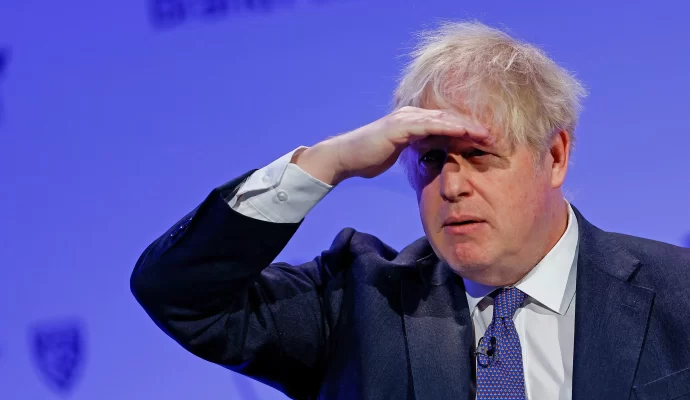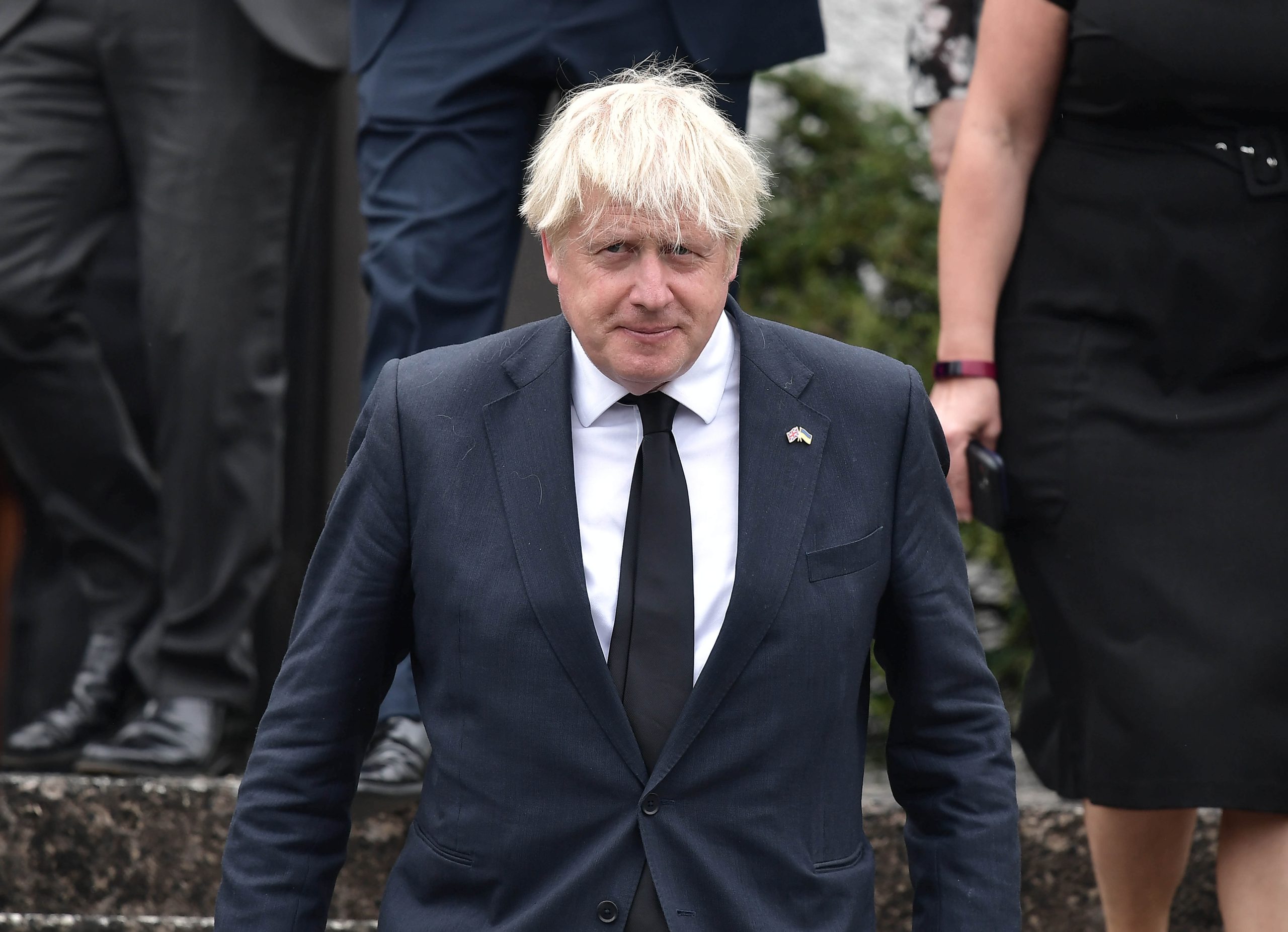Boris Johnson’s Controversial Honours List Reflects His Troubled Legacy in Office
Boris Johnson’s departure from No 10 Downing Street and his subsequent announcement of quitting parliament have been met with criticism. Particularly due to his contentious honours list. This final act in his political career serves as a painful reminder of the tumultuous. And damaging years he spent in office. Instead of embodying the concept of recognizing public service, the honours list epitomizes the culture of favoritism. Resembling trivial gifts bestowed upon friends like seaside hats or rounds of drinks at the pub.
One of the most glaring examples is the elevation of Priti Patel, who proudly championed the Tory hostile environment policy and oversaw a decline in public trust in policing. She receives a damehood, a move that further erodes the credibility of the honours system.
Likewise, Jacob Rees-Mogg, a staunch defender of the Johnson government’s chaos and shortcomings, is knighted, raising eyebrows among those who expected accountability rather than accolades.
Amid ongoing inquiries into the inadequate response to the Covid crisis. Johnson’s honours list includes rewards and preferments for aides who were allegedly complicit in disregarding safety rules while enforcing them on the rest of the population. If they reveled in defiance before, their actions will only be amplified now.
Andrea Marie Jenkyns, a vocal Brexiteer and Tory MP, is granted a damehood without clear justification for her exceptional public service.
Last year, she infamously responded to protesters outside No 10 by showing them her middle finger. Her tears of support for Johnson’s resignation have now turned into tears of joy for her own recognition.
Critics Condemn Johnson’s Parting Gesture as a Symbol of Political Corruption and Incompetence and Honours List

Michael Fabricant, another ardent follower of the Johnson doctrine, is knighted for his efforts to shield Johnson from Partygate scandal. Reminiscent of Comical Ali, Saddam Hussein’s delusional minister of information.
Fabricant’s elevation stands solely on his loyalty, an attribute that Johnson values until it no longer serves his purpose.
Johnson’s fury during his resignation speech, deflecting blame onto others, prompts reflection on his honours list.
In the days to come, people will scrutinize the choices. And question whether these individuals truly served the public or if their allegiance was primarily to Boris Johnson’s personal progress and interests. A cursory examination of his time in office reveals a clear misalignment between these two objectives.
The absence of Johnson’s father, Stanley, from the list despite widespread speculation and the omission of Nadine Dorries. Whose role in public administration remains elusive, provide a modicum of relief.
Dorries, having reached high positions within Johnson’s administration, has now resigned as an MP, offering respite from her enigmatic tenure.
As Johnson and Dorries retreat into political exile, their legacies are mark by a disheartening and shoddy honours list.
While it bears Johnson’s stamp, it also serves as a testament to his tenure—an era marred by controversy and a widening disconnect between public service and personal gain.





